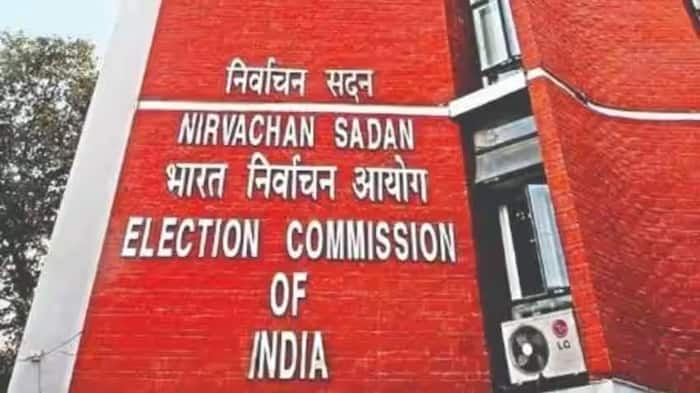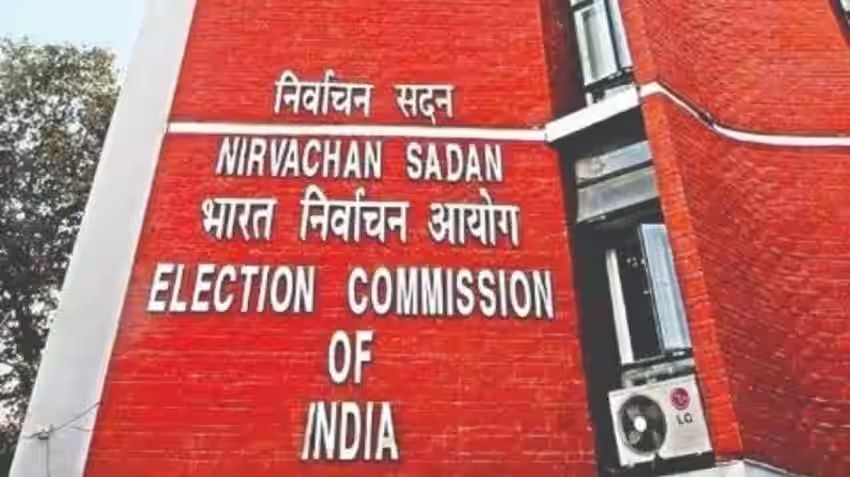SBI has requested the Supreme Court to extend the deadline until June 30 for providing information on eloctoral bonds to the EC.

Breaking News: The State Bank of India has urged the Supreme Court of India to extend the deadline for furnishing the required information on electoral bonds to the Election Commission until June 30.
Notably, the Supreme Court struck down the electoral bond scheme last month and asked the state bank to provide information regarding the same to the Election Commission by March 6. Keeping in mind the nearing deadline, the SBI has requested an extension, as per a report by NDTV.
Observations From Supreme Court On Electoral Bonds
In its verdict striking down the electoral bonds scheme, the Supreme Court observed that the majority of contributions through bonds have gone to political parties, which are ruling parties in the center and the states.
It said that analysis of the annual audit reports of political parties from 2017–18 to 2022–23 reflects that there has also been a substantial increase in contributions and donations through electoral bonds.
For instance, in the financial year 2017-18, a sum of Rs 221 crore was donated through electoral bonds to different political parties across the spectrum, however, in the year 2021-22, the contribution through bonds multiplied more than 10 times to a whopping Rs 2,664 crore. On top of the list, the Bharatiya Janata Party (BJP) received a total of Rs 210 crore in 2017-18 through bonds and the donation rose to Rs 1,294 crore in 2022–23.
The table contained in the judgment, among other data, indicated that in 2021–22, the Indian National Congress (INC) received Rs 236 crore; the Trinamool Congress, the ruling party in West Bengal, obtained Rs 528 crore; and Tamil Nadu’s ruling party, DMK, received Rs 306 crore.
SC On Share of Income From Unknown Sources
The Supreme Court said that the share of income from unknown sources for national parties rose from 66 per cent during the years 2014–15 to 2016–17 to 72 per cent during the years 2018–19 to 2021–22.
“Between the years 2019–20 and 2021–22, bond income has been 81 per cent of the total unknown income of national parties,” it added.
Further, it said that the total unknown income, that is, donations made under Rs 20,000, sale of coupons etc., has not shown ebbing and has substantially increased from Rs 2,550 crore during the years 2014-15 to 2016-17 to Rs 8,489 crore during the years 2018-19 to 2021-22. The apex court noted that the Bonds income between the years 2018-19 to 2021-22 constitutes 58 per cent of the total income of the national political parties.
In his separate concurring opinion, Justice Sanjiv Khanna, based on the analysis of the data, arrived at the conclusion that the electoral bond scheme fails to meet the balancing prong of the proportionality test.
“However, I would like to reiterate that I have not applied proportionality stricto sensu due to the limited availability of data and evidence,” Justice Khanna said.
(With inputs from agencies)
Source link



